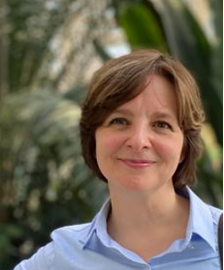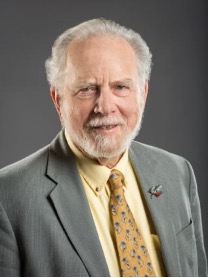Armenia’s State-Church Relations: Not Much Room for Optimism

Isabella Sargsyan is an expert on freedom of religion or belief based in Yerevan, Armenia, and a past member of the OSCE/ODIHR Panel of Experts on FoRB (2016–18, 2023–25).
On 5 January 2026 Armenia’s Prime Minister, Nikol Pashinyan, formally launched what he described as a reform of the Armenian Apostolic Church (hereinafter the Church or Armenian Church, interchangeably), reading a statement at his residence in the presence of 10 senior clergy who had called for the resignation of Catholicos of All Armenians Garegin II, the Church’s supreme head. The document—which Pashinyan signed in his capacity of Prime Minister—outlined a roadmap for the implementation of reforms, including the removal of the current Catholicos and the formation of a Coordinating Council comprised of Pashinyan and the above-mentioned clerics. This roadmap purportedly addresses perceived failures of Church leadership and condemns the “uncanonical practice of involving the Church in politics and using it to serve various agendas and interests.”


